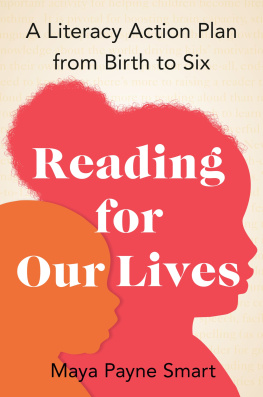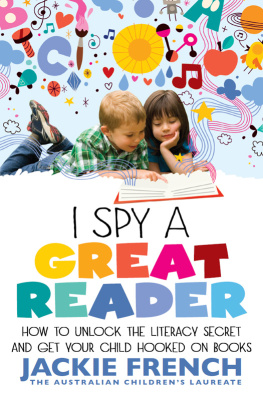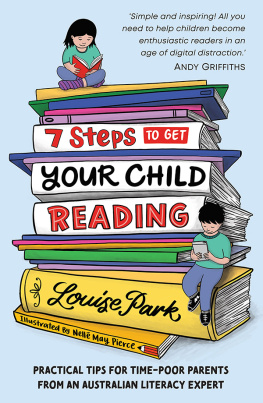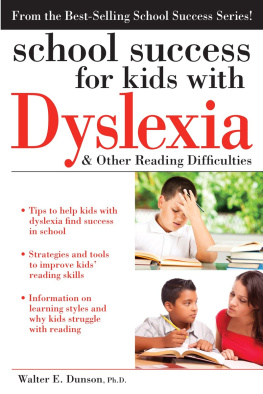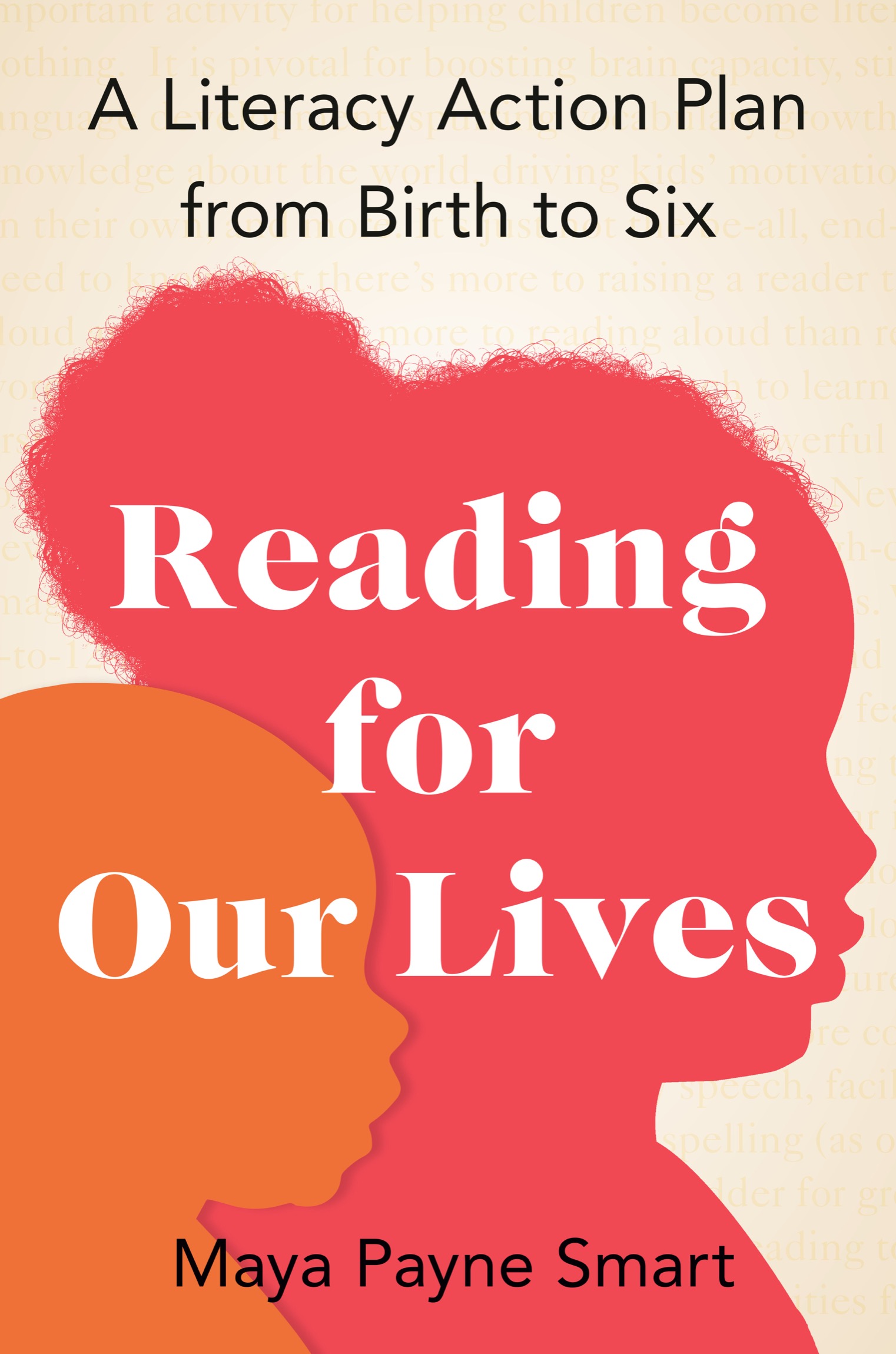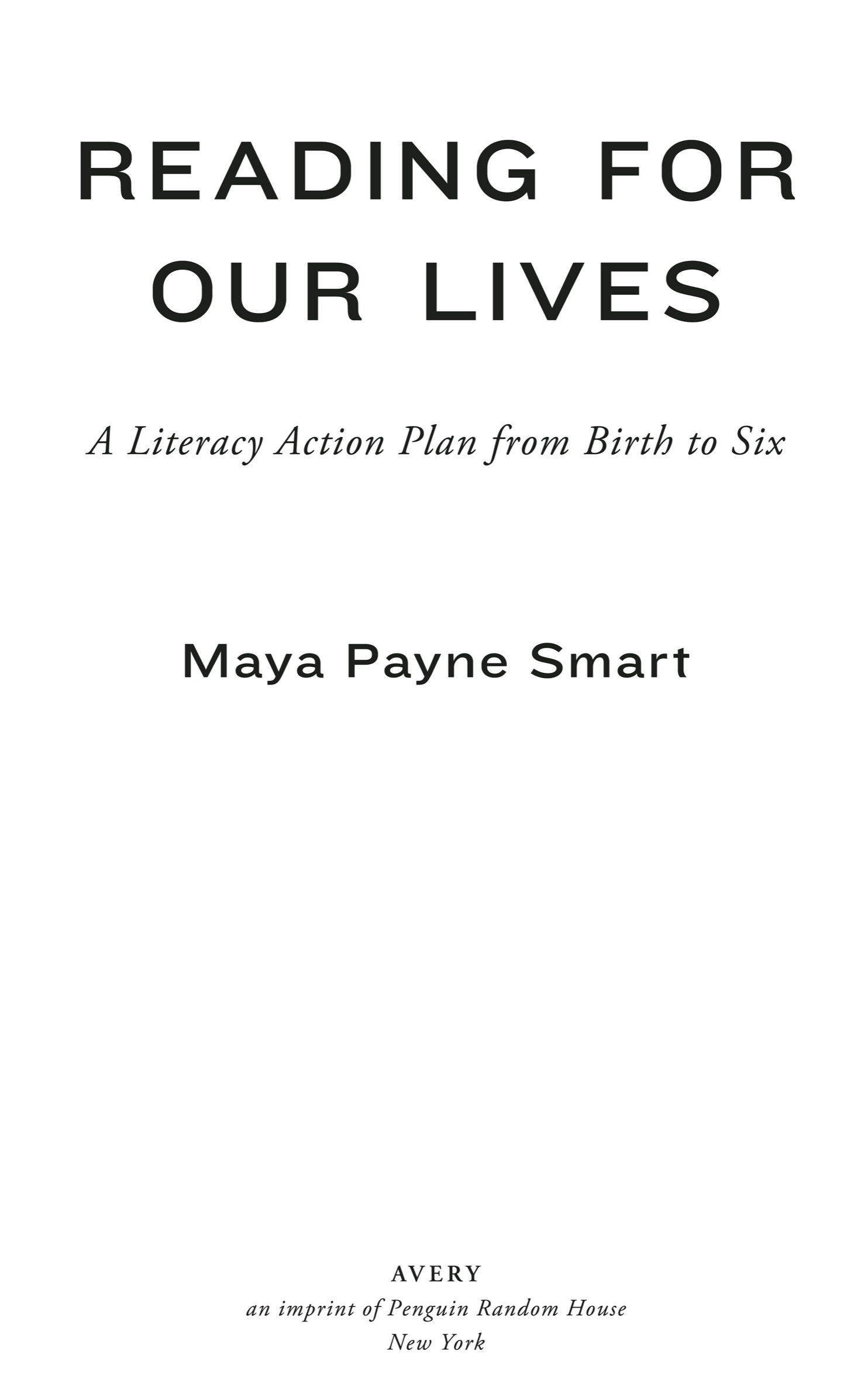Praise for Reading for Our Lives
I have rarely had as visceral a reaction to a book as I had in reading Maya Smarts brilliant and life-changing Reading for Our Lives. Like her namesake Maya Angelou, who suffered childhood trauma and couldnt speak, only to become a world-class orator and writer, Maya Smart helps us to navigate the perilous but fulfilling route from birth to literacy in the first six years of life. This is a book that every parent must read to make sure their children reach their full potential as readers and citizens of our nation.
Michael Eric Dyson, coauthor of Unequal: A Story of America
A must-read for any parent! This exceptional book walks you through not only the why of reading to your child but the way. The scientifically grounded, step-by-step insights outlined here can heighten both your and your childs joy at learning one of lifes most important skills: reading.
Barbara Oakley, author of A Mind for Numbers
I anticipate a revolution of reading readiness once parents get their hands on this book! Preparing children at home so that they are equipped for school is a gift any parent can easily give with Smarts book in hand. Ill be recommending Reading for Our Lives for years to come. Its the best book about learning to read Ive ever read!
Julie Bogart, creator and founder of Brave Writer, author of The Brave Learner and Raising Critical Thinkers
An amazing book for perhaps the most important job parents have: getting our kids to love to read.
Ryan Holiday, #1 New York Times bestselling author of The Daily Stoic, The Obstacle Is the Way, and Ego Is the Enemy
This book is a wonderful resource for families with young children as it recognizes them as the childs first teachers. It weaves together an introduction to early literacy through the childs ages and stages with recommendations that support raising a reader!
Ann McClain Terrell, early childhood education consultant and National Association for the Education of Young Children past president
Reading for Our Lives is the book to turn to when nurturing critical readers. Like reading, Smarts book is for our childrens lives. Dont miss out, because our kids must not miss out on the life-giving power of reading.
Ibram X. Kendi, National Book Awardwinning author of Stamped from the Beginning and How to Be an Antiracist
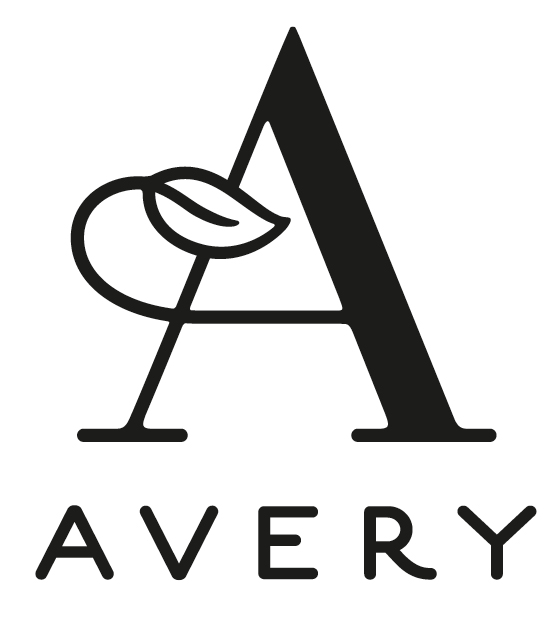
an imprint of Penguin Random House LLC
penguinrandomhouse.com
Copyright 2022 by Maya Payne Smart
Penguin Random House supports copyright. Copyright fuels creativity, encourages diverse voices, promotes free speech, and creates a vibrant culture. Thank you for buying an authorized edition of this book and for complying with copyright laws by not reproducing, scanning, or distributing any part of it in any form without permission. You are supporting writers and allowing Penguin Random House to continue to publish books for every reader.
Excerpt from poem Book Power by Gwendolyn Brooks on reprinted by Consent of Brooks Permissions.
Library of Congress Cataloging-in-Publication Data
Names: Smart, Maya Payne, author.
Title: Reading for our lives: a literacy action plan from birth to six / Maya Payne Smart.
Description: New York: Avery, Penguin Random House LLC, 2022. | Includes index.
Identifiers: LCCN 2022010712 (print) | LCCN 2022010713 (ebook) | ISBN 9780593332177 (hardcover) | ISBN 9780593332184 (epub)
Subjects: LCSH: Reading (Elementary). | ChildrenBooks and reading. | Readiness for school.
Classification: LCC LB1573.S67 2022 (print) | LCC LB1573 (ebook) | DDC 372.4dc23/eng/20220425
LC record available at https://lccn.loc.gov/2022010712
LC ebook record available at https://lccn.loc.gov/2022010713
Cover design: Nellys Liang
Cover images: (silhouette of girl) Vectorig / DigitalVision Vectors / Getty Images; (silhouette of baby) Majivecka / Shutterstock
Book design by Silverglass Studio, adapted for ebook by Estelle Malmed
While the author has made every effort to provide accurate telephone numbers, internet addresses, and other contact information at the time of publication, neither the publisher nor the author assumes any responsibility for errors, or for changes that occur after publication. Further, the publisher does not have any control over and does not assume any responsibility for author or third-party websites or their content.
pid_prh_6.0_140600470_c0_r0
For Zora, my daughter and inspiration. Without you, this book would surely not exist.
CONTENTS
INTRODUCTION
We Should All Be Readers
The question is not whether we can afford to invest in every child; it is whether we can afford not to.
Marian Wright Edelman
The Quiet Crisis
Heavy rain once filled our local water supply with so much silt and debris that treatment systems failed. For the next seven days, local authorities and media raised the alarm that residents should boil their water or risk illness. Restaurants shut down. Families bought bottled water by the shelf-full. Hospitals procured truckloads of certified water and switched operating rooms to alternative sterilization methods. Once the boil notice was lifted, we all flushed our pipes, dumped ice machines, and resumed life and work as usual.
The crisis was obvious and urgent. The response clear and immediate. The end apparent.
Whats happening with our nations pipeline to reading, if you can call it that, is just as urgent, yet hidden. There is no infrastructure in place to raise a nation of readers, let alone a coordinated response to breakdowns.
Judged by international standards, two disturbing findings characterize U.S. adult literacy in recent decades: basic skills are weak overall (despite relatively high levels of education) and unusually persistent across generations. About one in six U.S. adults has low literacy skills, compared to, for example, one in twenty in Japan. Thats approximately 36 million U.S. adults (roughly equal to the combined populations of New York, Michigan, and Minnesota) who cant compare and contrast written information, make low-level inferences, or locate information within a multipart document. And, worse still, socially disadvantaged parents in the U.S., compared to those in other countries, are more likely to pass on weaker skills to their children.
Completing medical forms, reading prescription instructions, parsing a voting ballot, and grasping employment or housing contract details are all challenging, if not impossible, tasks for far too many. The huge disconnect between the reading skills many Americans have and those they need affects their health, wellness, employment, housing, and even likelihood of incarceration.
But heres the part that all parents must understand: this crisis brews early. Much of the tragedy of low adult literacy has its roots in infancy, when early experiences launch lifelong learning trajectories. During this time, more than a million new neural connections are formed per second, and future brain development rests on the soundness or fragility of those earliest links. In fact, evidence from anatomical, physiological, and gene-expression studies all suggest that basic brain architecture is in place by around 2 years old and later brain development is mostly about refining the major circuits and networks that are already established. And, critically, its caregivers nurturing, supportive back-and-forth verbal engagement in a childs first years that literally stimulates brain function and shapes brain structure.

